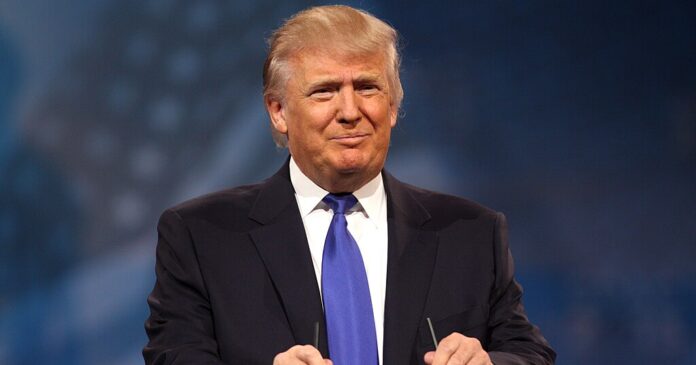In a landmark decision, U.S. District Judge Tanya Chutkan agrees to drop the charges against Trump, citing constitutional immunity for a sitting president, but the case could be reopened after his term ends
In a pivotal development in the legal saga surrounding former President Donald Trump, U.S. District Judge Tanya Chutkan granted the request of special counsel Jack Smith to dismiss the charges against Trump in the 2020 election case. The decision, which was expected, marks a historic and unprecedented moment in American legal and political history, as Trump remains poised to take office again in January 2025.
The dismissal follows a filing from Smith in which he argued that, according to the Justice Department’s Office of Legal Counsel, a sitting president is immune from federal prosecution. This constitutional prohibition, Smith noted, applied to Trump’s case and necessitated the charges’ dismissal before he could be inaugurated for a second term. Smith’s motion, filed late last week, stated that while the department fully supported the case and the strength of the government’s evidence, the law dictates that prosecution of a sitting president is prohibited.
The charges were part of a broader investigation into Trump’s alleged efforts to resist the peaceful transfer of power following the 2020 election. The indictment accused Trump and his associates of trying to undermine the election’s legitimacy and halt the certification of electoral votes. However, the case was complicated by the landmark Supreme Court ruling in July, which reaffirmed that presidents are immune from prosecution for acts conducted in an official capacity but can be held accountable for actions taken in a personal or unofficial capacity.
Embed from Getty ImagesIn her ruling, Judge Chutkan agreed that dismissing the case without prejudice was the appropriate course of action, aligning with the Justice Department’s understanding that the president’s immunity is temporary and expires when the individual leaves office. This opens the possibility for charges to be refiled once Trump completes his second term in 2029.
Trump’s legal team, which had been in discussions with Smith’s office about the dismissal, did not object to the move. Trump’s spokesperson, Steven Cheung, celebrated the decision as a major victory for the rule of law and a repudiation of what he called the “weaponization” of the justice system. He also argued that the American people had given Trump a “mandate” to lead, reaffirming the legitimacy of his re-election.
Despite the dismissal of charges in this case, Trump still faces legal challenges in multiple other cases, including separate charges in Georgia and New York. In Georgia, Trump is accused of attempting to influence the state’s election results, while in New York, he was convicted on 34 felony counts related to the hush-money payment to adult film actress Stormy Daniels. Trump has pleaded not guilty to all charges.
The dismissal of the election case, however, marks a significant turning point in Trump’s legal battles, as it is widely anticipated that the remaining federal charges may also be dismissed following his re-election, depending on the outcome of the ongoing legal proceedings. Special counsel Jack Smith, who was appointed by Attorney General Merrick Garland in 2022, is expected to submit a final report on the case to the attorney general before resigning in January 2025.
As Trump prepares to return to the White House, his legal team is expected to play a key role in shaping the direction of the Department of Justice, with many of Trump’s top defense attorneys being tapped for key leadership positions within the department. This includes Todd Blanche and Emil Bove, who will take on roles as deputy attorney general and principal associate deputy attorney general, respectively.
The future of the investigation into Trump’s conduct during the 2020 election remains uncertain, with the possibility of it being revived post-presidency. However, with the political stakes higher than ever, this legal reprieve for Trump has ignited further debates over the intersection of law, politics, and presidential power in the United States.
